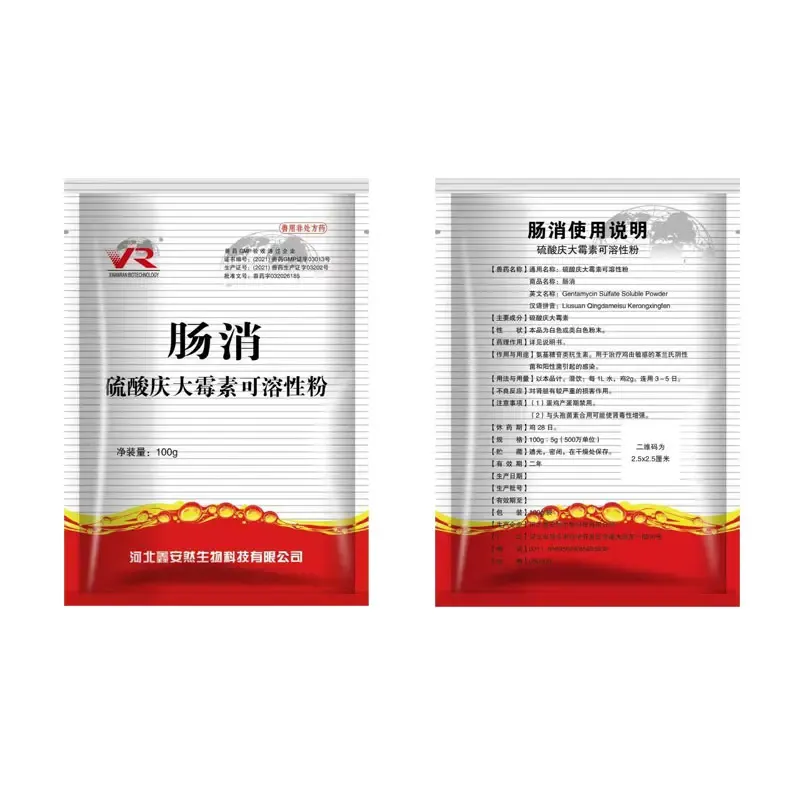- Afrikaans
- Albanian
- Amharic
- Arabic
- Armenian
- Azerbaijani
- Basque
- Belarusian
- Bengali
- Bosnian
- Bulgarian
- Catalan
- Cebuano
- Corsican
- Croatian
- Czech
- Danish
- Dutch
- English
- Esperanto
- Estonian
- Finnish
- French
- Frisian
- Galician
- Georgian
- German
- Greek
- Gujarati
- Haitian Creole
- hausa
- hawaiian
- Hebrew
- Hindi
- Miao
- Hungarian
- Icelandic
- igbo
- Indonesian
- irish
- Italian
- Japanese
- Javanese
- Kannada
- kazakh
- Khmer
- Rwandese
- Korean
- Kurdish
- Kyrgyz
- Lao
- Latin
- Latvian
- Lithuanian
- Luxembourgish
- Macedonian
- Malgashi
- Malay
- Malayalam
- Maltese
- Maori
- Marathi
- Mongolian
- Myanmar
- Nepali
- Norwegian
- Norwegian
- Occitan
- Pashto
- Persian
- Polish
- Portuguese
- Punjabi
- Romanian
- Russian
- Samoan
- Scottish Gaelic
- Serbian
- Sesotho
- Shona
- Sindhi
- Sinhala
- Slovak
- Slovenian
- Somali
- Spanish
- Sundanese
- Swahili
- Swedish
- Tagalog
- Tajik
- Tamil
- Tatar
- Telugu
- Thai
- Turkish
- Turkmen
- Ukrainian
- Urdu
- Uighur
- Uzbek
- Vietnamese
- Welsh
- Bantu
- Yiddish
- Yoruba
- Zulu
Nov . 05, 2024 12:59 Back to list
sulfate gentamicin
Understanding Sulfate Gentamicin An Antimicrobial Agent
Sulfate gentamicin is an important antimicrobial agent that belongs to the aminoglycoside group of antibiotics. It is primarily used to treat a variety of bacterial infections. Gentamicin is derived from the bacterium Micromonospora purpurea and was first isolated in the 1960s. The sulfate form is one of the most commonly used formulations, making it essential for clinical applications.
Mechanism of Action
Gentamicin exerts its antibacterial effects by binding to the 30S ribosomal subunit of bacteria. This binding interferes with protein synthesis, leading to the production of dysfunctional proteins and ultimately causing bacterial cell death. The effectiveness of gentamicin against both aerobic gram-negative and some gram-positive bacteria highlights its broad-spectrum action. It is particularly effective against pathogens such as Pseudomonas aeruginosa, Escherichia coli, and Klebsiella species.
Clinical Uses
Sulfate gentamicin is primarily utilized in treating severe infections where other antibiotics may be ineffective
. It is commonly prescribed for conditions such as1. Sepsis A critical condition caused by the body's response to an infection, often leading to systemic inflammation. 2. Respiratory Tract Infections Effective in treating pneumonia and other respiratory infections caused by susceptible organisms. 3. Urinary Tract Infections (UTIs) Particularly effective against complicated UTIs caused by resistant bacteria. 4. Skin and Soft Tissue Infections Used in severe cases where the infection has spread to the surrounding tissues. Gentamicin is often used in combination with other antibiotics to enhance its effectiveness and prevent the emergence of resistance in certain infections.
Administration and Dosage
sulfate gentamicin

Sulfate gentamicin can be administered in several ways, including intramuscular injection, intravenous infusion, and topical application. The route of administration generally depends on the severity of the infection and the patient’s condition. For severe systemic infections, intravenous administration is preferred to ensure effective concentration in the bloodstream.
Dosage is typically determined by the patient's age, weight, kidney function, and the severity of the infection. Careful monitoring of serum creatinine levels is necessary, as gentamicin is nephrotoxic (toxic to the kidneys) and can lead to renal impairment when administered, particularly in high doses or prolonged therapy.
Side Effects and Considerations
While sulfate gentamicin is an effective antibiotic, it is not without potential side effects. The most significant risks associated with its use include nephrotoxicity and ototoxicity, which can lead to hearing loss and balance issues. Patients undergoing treatment are often monitored closely for these adverse effects.
It is also crucial to consider drug interactions, as gentamicin can interact with other medications, potentially increasing the risk of toxicity. Medications that can impair renal function, such as nonsteroidal anti-inflammatory drugs (NSAIDs), should be used cautiously in patients receiving gentamicin.
Conclusion
Sulfate gentamicin remains a cornerstone in the treatment of various bacterial infections, particularly those that are serious and resistant to other antibiotics. Its mechanism of action, clinical applications, and administration practices highlight its importance in modern medicine. However, the potential for side effects necessitates careful patient monitoring and consideration of individual risk factors. As antibiotic resistance continues to grow, ongoing research is essential to ensure the continued effectiveness of gentamicin and similar antimicrobial agents in treating infections. Understanding the role of sulfate gentamicin in clinical practice can guide healthcare professionals in making informed decisions regarding antibiotic therapy.
-
Guide to Oxytetracycline Injection
NewsMar.27,2025
-
Guide to Colistin Sulphate
NewsMar.27,2025
-
Gentamicin Sulfate: Uses, Price, And Key Information
NewsMar.27,2025
-
Enrofloxacin Injection: Uses, Price, And Supplier Information
NewsMar.27,2025
-
Dexamethasone Sodium Phosphate Injection: Uses, Price, And Key Information
NewsMar.27,2025
-
Albendazole Tablet: Uses, Dosage, Cost, And Key Information
NewsMar.27,2025













